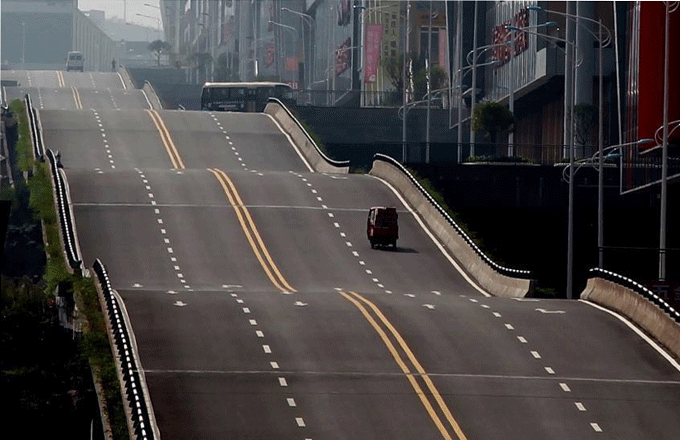More metro lines in smaller Chinese cities
By the end of 2016, a total of 30 cities had metro systems, with a total length of 3,586 kilometers, up 16.8 percent year on year, according to the Ministry of Housing and Urban-Rural Development. China has 657 cities.
Since June 26, Shijiazhuang, capital of North China's Hebei province, has had two metro lines. A daily average of 200,000 people use the metro for commuting.
Other cities in Hebei, which struggles with pollution, are planning to apply for approval for underground rail systems, including the cities of Handan, Qinhuangdao, Tangshan, Baoding and Zhangjiakou.
The first subway line in China was Line 1 in Beijing, which opened in 1969. It runs west to east in parallel with Chang'an, a well-known avenue in Beijing. It is one of the world's busiest metro lines, with a daily ridership of 1.4 million.
Beijing now has 19 lines, totalling 574 kilometers.
Every workday, over 10 million passengers ride the Beijing metro. By 2020, the total subway length of the Chinese capital is expected to increase to 1,000 kilometers.
Metros are a key means of transport to alleviate traffic congestion in big cities.
Since May 2013, cities have only needed approval from provincial authorities rather than ministries to build a metro line. In 2014, 16 underground railway projects were approved.
"Metros are not only convenient for local people commuting, but also fast and convenient for tourists and business travellers," said Chen Jianguo, a resident in Quanzhou, eastern China's Fujian province.
"China's third-tier cities are actively building metros. The enthusiasm will be a key driver of infrastructure building," said Jiang Shenggang, a metro expert in Fujian.
Experts estimate that by 2020, 50 cities in China will have metro lines, totalling 6,000 kilometers. Investment will exceed four trillion yuan.
- Wuxi: Where rich culture meets innovation
- Xi exchanges views with Macron over Korean Peninsula, bilateral ties
- A festival for mass sports and a win for ordinary people
- China to enhance information-based quality standardization
- Chairman Mao Zedong Memorial Hall reopens after renovation






















